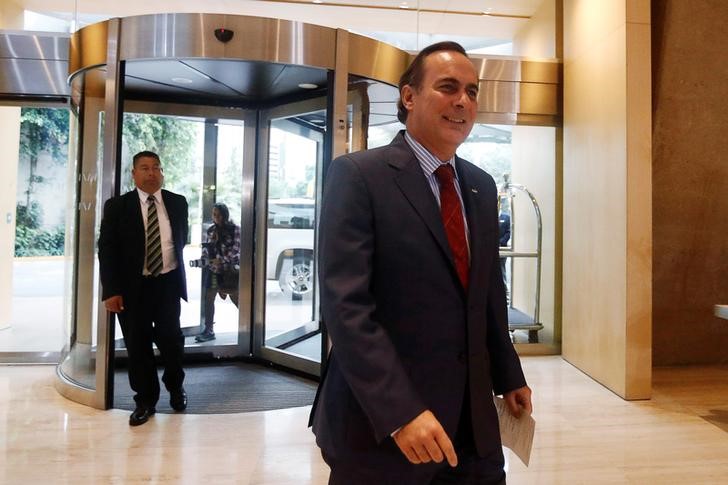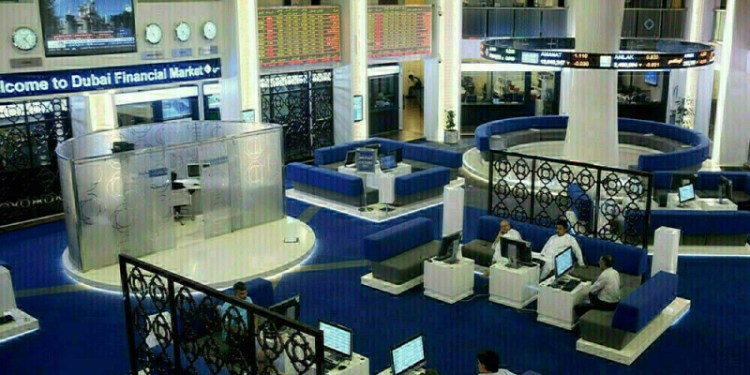 © Reuters. Juan Pablo Castanon, President of the Business Coordinating Council, is pictured at the location where the second round of NAFTA talks involving the United States, Mexico and Canada is taking place in Mexico City
© Reuters. Juan Pablo Castanon, President of the Business Coordinating Council, is pictured at the location where the second round of NAFTA talks involving the United States, Mexico and Canada is taking place in Mexico CityMEXICO CITY (Reuters) – The leader of one of Mexico’s top business lobbies said on Thursday the private sector was open to discussing rules of origin for autos produced in North America, a major sticking point in talks to renegotiate the NAFTA trade pact.
A U.S. proposal put forward in October to increase the minimum regional content for autos, and mandate that half of all auto content come from the United States, met with stiff resistance from the car industry, Mexico and Canada.
Mexico has said it would put forward a counterproposal on autos, though the industry has maintained a tough stance against the plan of U.S. President Donald Trump’s administration in the run-up to the next round of talks in Montreal toward the end of January.
Speaking in Mexico City, Juan Pablo Castanon, president of the Consejo Coordinador Empresarial, the umbrella group representing Mexican private sector interests at the NAFTA talks, hinted that the lobby’s stance may be softening.
“It is important to take a look at the rules of origin and … there must be a period of adaptation” in the event of changes, he told reporters. “It’s still a conversation we are having with the industry. We are advancing in that sense.”
Nevertheless, the auto sector still opposes any change on rules of origin, Castanon noted.
Trump has threatened to pull out of NAFTA if it cannot be reworked in favor of U.S. interests.
Castanon expressed optimism about the upcoming round of negotiations, saying chapters such as telecommunications, financial services and e-commerce were near resolution.
“Practically half of the chapters could be closed if political will exists,” he said.
The Montreal talks are due to take place from Jan. 23 to 28, though Castanon said some discussions would start from Jan. 21.
Fusion Media or anyone involved with Fusion Media will not accept any liability for loss or damage as a result of reliance on the information including data, quotes, charts and buy/sell signals contained within this website. Please be fully informed regarding the risks and costs associated with trading the financial markets, it is one of the riskiest investment forms possible.
Source: Investing.com






























